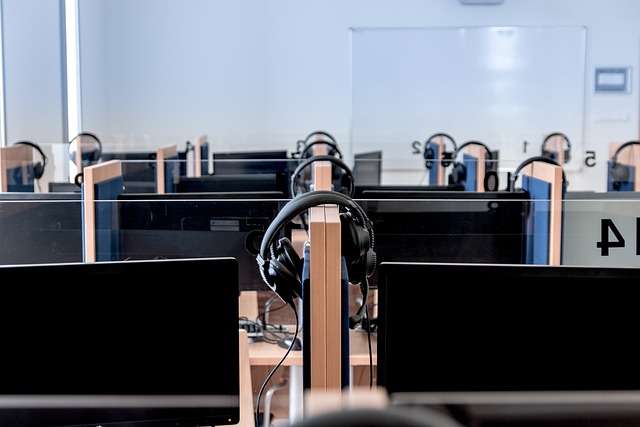Why become an ISO 42001 lead auditor?
Why become an ISO 42001 auditor? The adoption of artificial intelligence opens up career opportunities in field of ISO 42001 auditors. People with a technical and organizational understanding of AI as well as information security should listen up: ISO 42001 for aI Technology? Organizations using AI for a variety of activities are increasingly being scrutinized, […]
Why become an ISO 42001 lead auditor? Read More »

